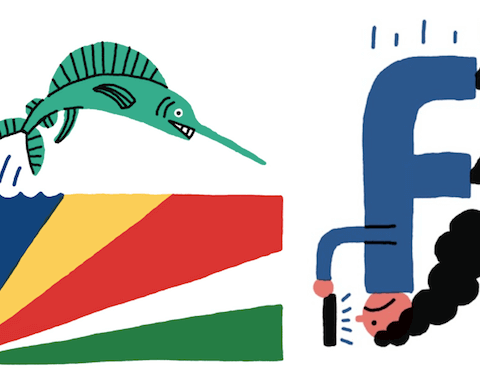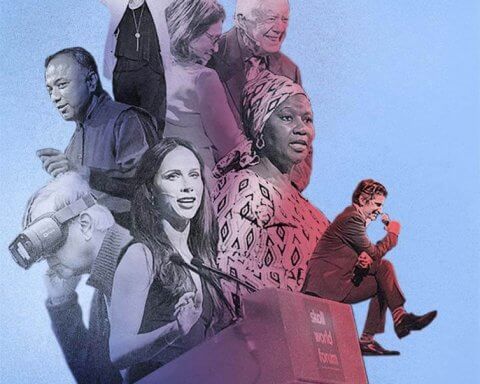Are we at the tipping point of a new economy? Aaron Hurst thinks so. He is the founder of the Taproot Foundation and is launching Imperative, a platform “for you to discover, connect and act on what gives you purpose.” In his new book The Purpose Economy, Hurst defines what he thinks will replace the industrial and information economies of the last century.
“A Purpose Economy is based on empowering people to have rich and fulfilling careers by creating meaningful value for themselves and others; it creates purpose for its employees and customers – through serving those in need, enabling self-expression, and building community.”
This isn’t just the “doing well by doing good” hippieish philosophy that we saw in Ben & Jerry’s or The Body Shop, two examples Hurst mentions; technology changes everything. So where farmers’ markets and crafts fairs have been around forever, now there are Etsys for crafts and networks like Ontario’s Local Food Plus to bring creators and careful consumers together. Hurst’s own Taproot foundation brings people who need help together with experts offering pro bono services. Hurst writes:
“Humans are social animals, and while community itself may not generate purpose, it is an amplifier. It creates a context and the relationships that make purpose so much richer. Purpose is most powerful when it is shared. It is the ingredient that makes farmers’ markets and local economies so much more compelling. It is the power behind so much going on in social media – from Facebook to Pinterest.”
The Purpose Economy is particularly relevant to the millennial generation that will be living in it. Having been born into a world where most of their basic needs have been taken for granted, and watching their parents “working harder and harder, spending less quality time at home with the family, in order to afford a big house, three cars, and all the accoutrements of success,” and probably unable to ever expect to have the same themselves, they want something different. They are spending their money on experiences and technology, “particularly technology that creates social experiences. It’s about interaction instead of consumption.”
The new technology has created a whole new economy of sharing, everything from office space (co-working spaces like the Centre for Social Innovation in Toronto and New York) to fundraising (Kickstarter now contributes more funding for the arts than The National Endowment for the Arts) to home- and room-sharing groups (like Airbnb). Hurst says it’s not just about the money:
“The popularity of sharing is not only a matter of saving money; it also comes from the desire for community, bonding people through the trust and reciprocity that are at its core, and allowing people to express their repudiation of materialism and the culture of accumulation.”
Hurst also notes the growth of the B Corp – hybrid companies that combine profitmaking with a social mission. They have been called the “Rock stars of the new economy” and include Patagonia, Seventh Generation and your publisher, Corporate Knights. There are over 850 of them now around the world, and they are where the millennials want to work, he says. It’s where everybody would want to work.
And of course, there is the rise of Freelance Nation, the home of so many of us these days. Hurst suggests that “so many have chosen the freelance path because they are put off by the strictures of corporate life and they want to have the latitude to select their clients, which they tend to do very carefully because they want to work with people they like and feel in sync with.”
Or not. Sometimes a cigar is just a cigar. More people, it’s safe to argue, are working freelance because they need money and there aren’t any jobs. As the parent of two university-educated millennials who are pumping espresso and mongering cheese and living in crowded apartments, I don’t see a lot of signs of a “purpose economy” in their lives. One has to wonder if Hurst is not in a Park Slope bubble; there is a workplace revolution going on right now, and it is technology driven, but it is destroying jobs in traditional sectors more quickly than it is creating them in new ones.
The Purpose Economy is a wonderful, inspiring book, particularly if you are rich and have time to spare to help others or are young with The Bank of Mom behind you. For them, “purpose is the currency of the new economy.” All others pay cash.
Purpose is the bonus we’d all like to earn, and which, it goes without saying, we should all aim for. If technology helps us achieve that, then all the better.







